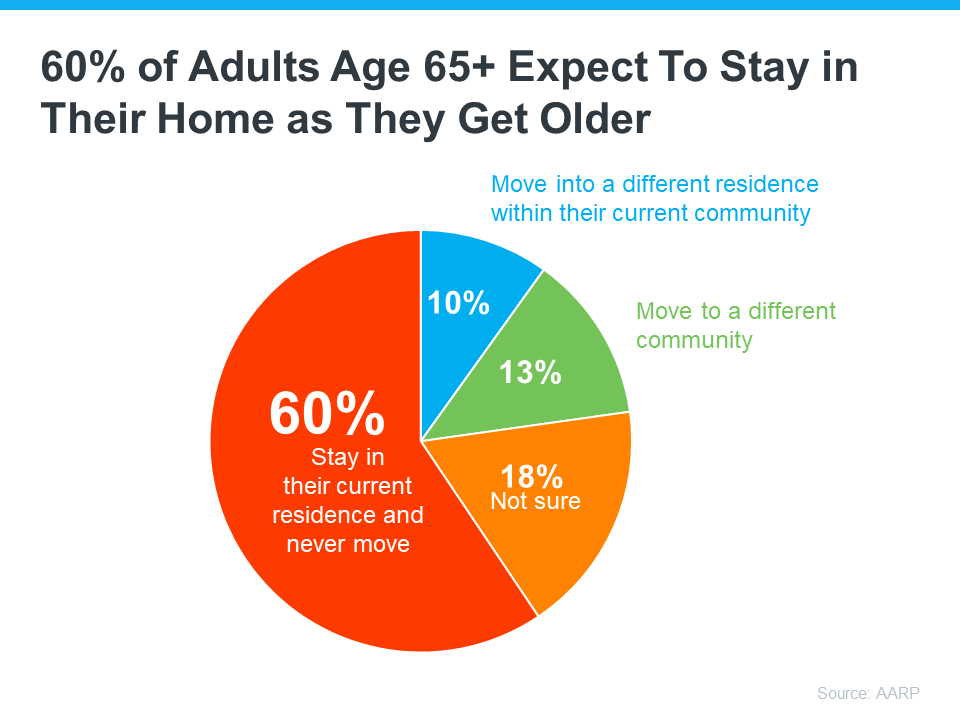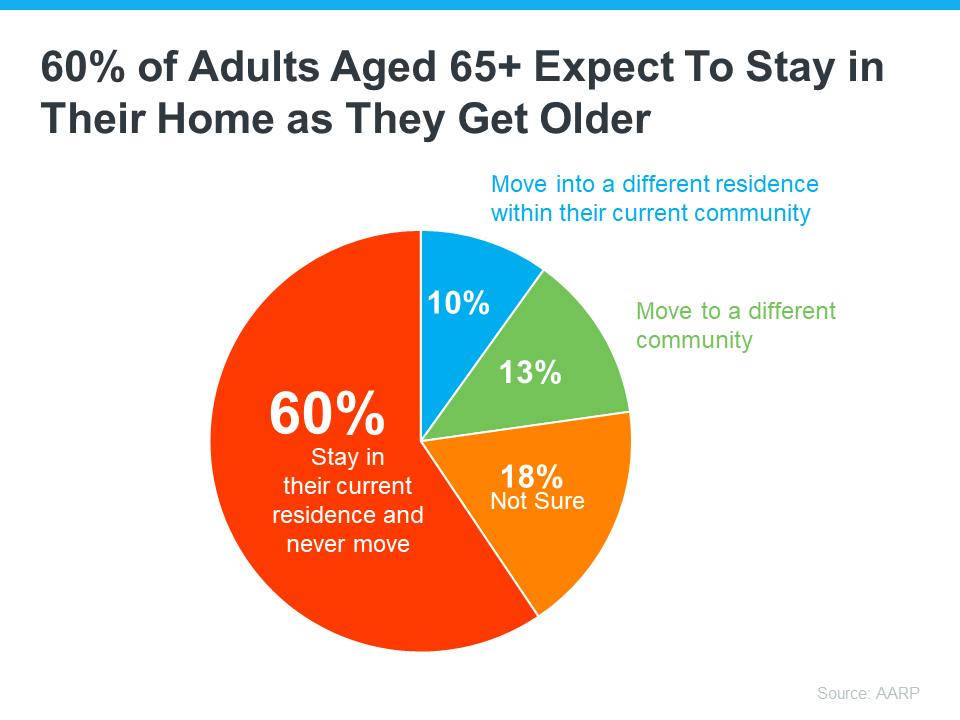When buying a home, we all want to feel like we’re making the right decision, paying a fair price, and making the best investment of our lives. According to a recent gender-based study, men and women can unknowingly walk away with very different financial outcomes when the deal closes. Thankfully, if you follow some simple ways to arm yourself with the information you need to prepare in advance, you’re more likely to feel like you’ve won when the keys to your new house are in your pocket.
Kelly Shue and Paul Goldsmith-Pinkham of the Yale School of Management showed in their recent study The Gender Gap in Housing Returns, when single women invest in the housing market, they’re generally losing out compared to their male counterparts. The report explains,
“We find that single men earn one percentage point higher unlevered returns per year on housing investment relative to single women…The gender gap grows significantly larger after adjusting for mortgage borrowing: men earn 6 percentage points higher levered returns per year relative to women. Data on repeat sales reveal that women buy the same property for approximately 2% more and sell for 2% less.”
On National Public Radio (NPR), Kelly Shue elaborated by saying,
“Women are losing about $1,370 per year relative to men because they tend to buy the same house at a higher price and sell for a lower price.”
In the grand scheme of things, $1,370 a year could be as much as an entire month’s mortgage payment for many households in the United States.
How can you make sure this doesn’t happen to you?
The good news is, it doesn’t have to be this way for anyone, regardless of gender. Here are a few tips on how to make sure you’re prepped and ready to enter the housing market with your best foot forward.
1. Work with a Trusted Real Estate Professional
You need someone on your side who’s going to have your best interest in mind and support your unique homeownership goals. Hiring an agent who has a finger on the pulse of the market will make your buying experience an educated one. You need someone who’s going to tell you the truth, not just what they think you want to hear.
2. Understand the Homebuying Process
Know the key homebuying steps in advance, so you have the best context for how the process works from pre-approval to budgeting, inspections, and more. Have a price range in mind that you can realistically afford, too, so you’re ready to make an offer that positions you for success. Ask your agent questions along the way, and partner together so you feel confident and prepared at every turn.
3. Research the Current Market
Make sure you know the current trends and insights of the housing market as well. When you find a home that’s the perfect fit, determine what other homes are selling for in the neighborhood. These numbers can vary over time based on market conditions such as inventory, appreciation, and many other economic factors. A great agent will provide you with this information and guide you through every step from start to finish.
Bottom Line
When you have a trusted advisor on your side and you’re confident you know exactly what’s happening in the market, you’ll be in a great position to negotiate effectively. Let’s get together today to make sure you’re ready to win the homebuying deal.



 Buying Tips4 weeks ago
Buying Tips4 weeks ago
 Downsize3 weeks ago
Downsize3 weeks ago
 Affordability2 weeks ago
Affordability2 weeks ago
 First-Time Buyers3 weeks ago
First-Time Buyers3 weeks ago
 Buying Tips3 weeks ago
Buying Tips3 weeks ago
 Buying Tips2 weeks ago
Buying Tips2 weeks ago
 Affordability2 weeks ago
Affordability2 weeks ago
 Equity1 week ago
Equity1 week ago













You must be logged in to post a comment Login